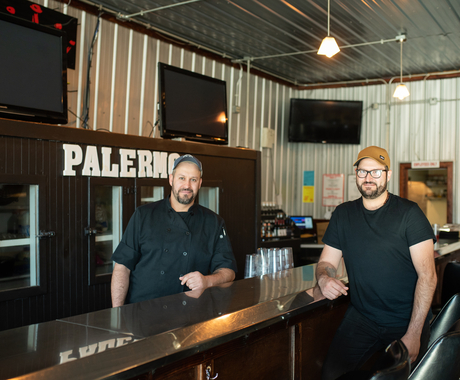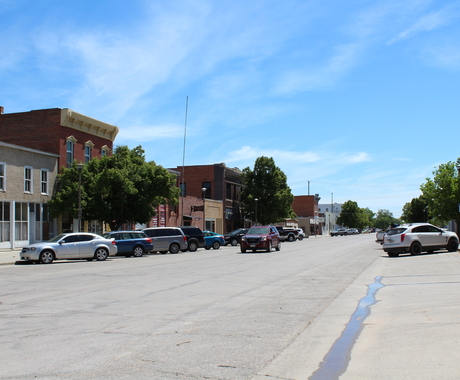By Johnathan Hladik, former policy director. Published in the Omaha World Herald, Feb. 7, 2019
From Omaha to the Panhandle, broadband access impacts every Nebraskan. From training a 21st century workforce to growing small business investment and supporting the state’s agricultural producers, our connection to broadband Internet has become a defining factor of our quality of life.
Unfortunately for many rural areas, the impact of broadband is measured not by access, but by its unmistakable absence.
Currently, many disparities exist in Nebraska’s broadband access; in 18 of the 93 counties, broadband Internet speeds are available to 5 percent or less of the population. In 10 of those 18 counties, not one household has access. These challenges are exacerbated by inaccurate broadband service information collected by the Federal Communications Commission. Service maps resulting from this data have led to an overestimation of broadband access and left the state unable to accurately assess coverage.
The root issue for rural communities is in the way broadband service information is reported. Internet service providers use Census blocks to report broadband service to the FCC. If just one household in a Census block is reported as having access to broadband, the entire block is reported as served. This is true even if the others have no way to gain that access.
For urban areas, Census blocks tend to be small in area. In rural Nebraska, they can encompass entire counties. Of the 11.1 million Census blocks across the country, 3,200 are larger than the District of Columbia and eight are larger than Connecticut.
We are often contacted by families who lack broadband access but live in a Census block that the state marks as served. For these forgotten households, there is little hope for change. Providers lack incentive to extend service their way. Limited state resources are spent elsewhere.
A 21st century economy is defined by its ability to connect consumers and producers around the globe. Without broadband, local economies in rural areas of Nebraska struggle to compete.
While hope for attracting large companies has been steadily declining, investments in small business are increasingly seen as a way forward.
In a recent University of Nebraska-Lincoln Rural Futures Institute poll, 95 percent of people ages 18 to 29 said having high-speed Internet was important for doing work from home or managing a home-based business — demonstrating strong youth support.
What can we do? Legislative Bill 549, introduced this session by State Sen. Tom Brandt, allows the state to begin the process of expanding broadband to every Nebraskan by ensuring that service maps are accurate. This helps households in rural areas avoid being mistakenly reported as “served.”
We cannot solve a problem we cannot see. Accurate data is a first, and crucial, step to building a future where all Nebraskans can harness the benefits of broadband access.





